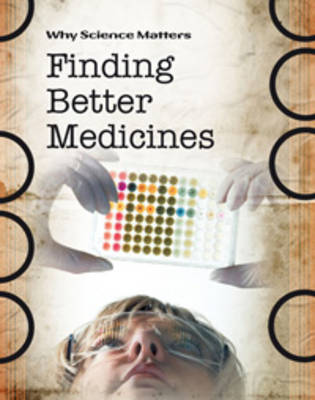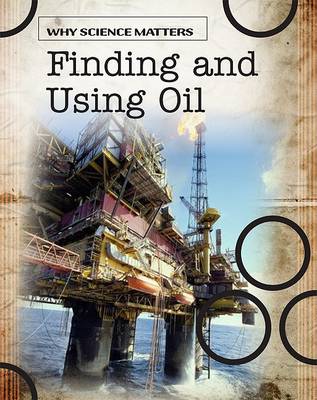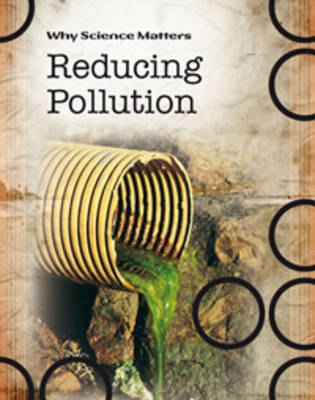Why Science Matters
3 total works
What is an opportunistic infection? How are drugs trialled? What is “pharming’? The 'Why Science Matters' series demonstrates how the science we learn at school is important in every aspect of our everyday lives. Using case studies and investigations, the series describes the development of science and technologies that can improve our lives – or lead to new scientific challenges and controversies. In 'Finding Better Medicines', we learn how the body fights illness and infection and sometimes needs the help of medicines to be cured. We find how some drugs we now take for granted (such as aspirin and penicillin) were developed, how pharmaceutical companies research and improve new drugs, and how advanced technologies such as genetic engineering can be used to create plants and animals that can be farmed for medicines.
How much oil is there left on Earth? Can science replace the fossil fuels we use? The 'Why Science Matters' series demonstrates how the science we learn at school is important in every aspect of our everyday lives. Using case studies and investigations, the series describes the development of science and technologies that can improve our lives - or lead to new scientific challenges and controversies. In 'Finding and Using Oil', we find out science and technology help us find, refine and use the chemical also known as "black gold". We learn the importance of understanding the chemistry of hydrocarbons, how they can be separated into useful fuels, and how oil is the basis for plastics. And there's discussion of the world's oil reserves, their sustainability, and our continued reliance on oil as a fuel.
In Reducing Pollution, we find out how our way of life affects Earth and the impact of chemicals and emissions on living things. We learn about the role that industry plays in reducing pollution, and the benefits of making changes to our consumption of resources, from recycling plastics to green chemistry. We also look at rivers oozing with chemicals and cities that see no true daylight as the Sun fails to shine through the smog.


